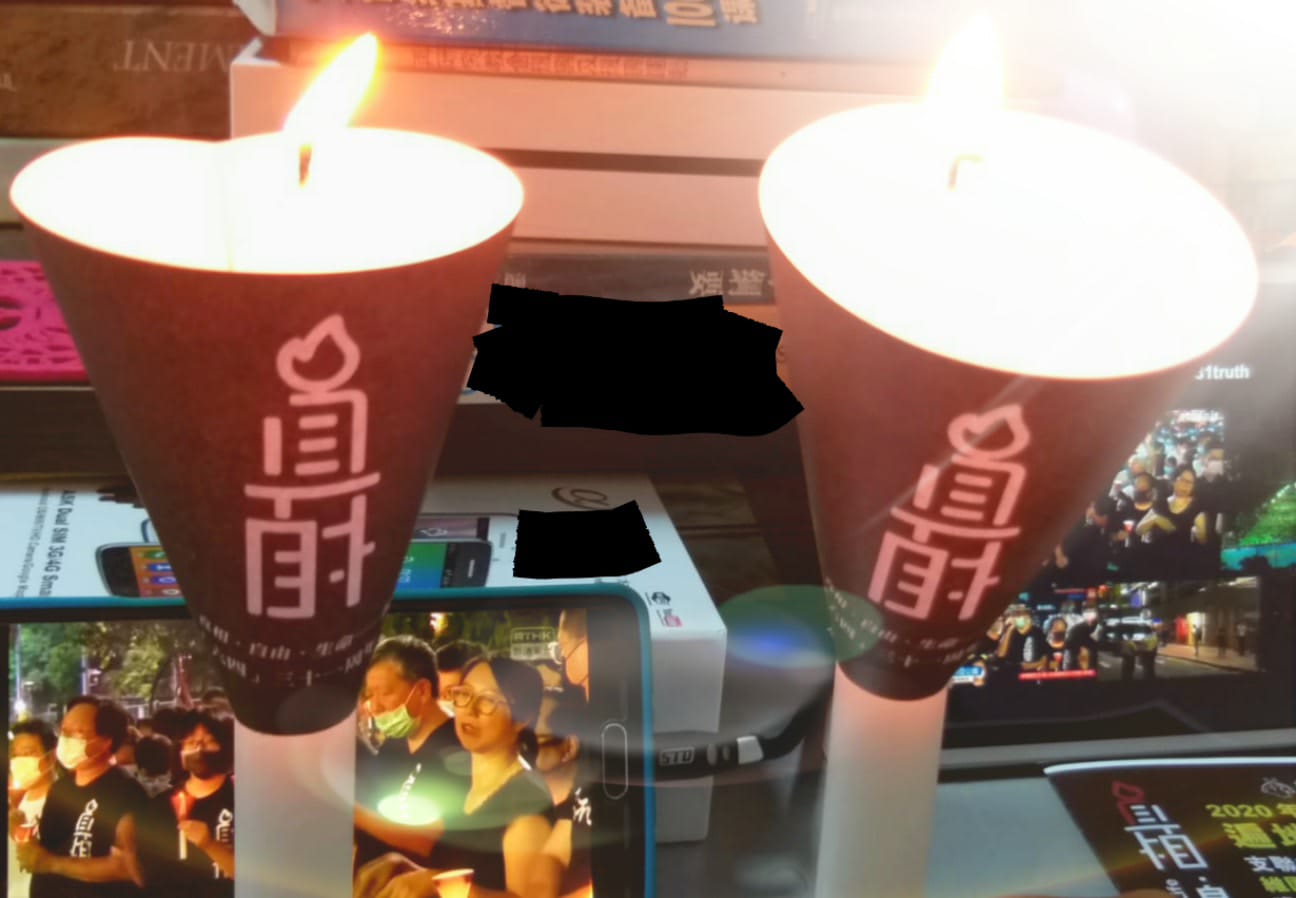 What Are Biblical Values?: What the Bible Says on Key Ethical Issues by John J. Collins
What Are Biblical Values?: What the Bible Says on Key Ethical Issues by John J. CollinsMy rating: 5 of 5 stars
Another reading assignment, so even though I’ve read John J. Collins before (also for a class, and that was a textbook), that’s probably irrelevant to my decision to read him again. But this one, while academically inclined, is not a textbook, but rather a critique of politicians and other people who justify their positions and policies on hot-button ethical and social issues (gender, gay marriage, abortion, climate change, etc) by claiming they’re based on “Biblical values”. The problem, argues Collins, is that the people who say this sort of thing either cherry-pick their “values”, or apparently haven’t studied the Bible very deeply. Or possibly both.
Collins looks at what the text of the Bible has to say about the above topics, plus things like violence, social justice and slavery, with the caveat that his objective isn’t to declare which side is right, but to highlight the problem of relying on what is in essence a complex and often contradictory anthology of writings – what Collins describes as less of a unified, cohesive treatise and more of a running argument written and edited by dozens of different people over the span of a few thousand years – to justify a given modern-day position.
Overall, Collins makes a good case that (1) anyone who wants to talk about Biblical values in any meaningful way must at the very least engage with that text in depth with a reasonably open mind to identify consistent and objective “values” from the text, and (2) anyone who does so may find themselves surprised to find how little support the Bible may provide. Obviously, what the reader makes of this will largely depend on how literally they take the Bible in the first place. Others may be put off by Collins declining to settle scores for them. For me, I got a lot out of it, but then I’m not a fundamentalist, and I also agree with one of his key points: “To treat the Bible as a magic book of answers to modern problems amounts to refusing to grapple with it seriously.”
 Among the Braves: Hope, Struggle, and Exile in the Battle for Hong Kong and the Future of Global Democracy by Shibani Mahtani
Among the Braves: Hope, Struggle, and Exile in the Battle for Hong Kong and the Future of Global Democracy by Shibani MahtaniMy rating: 5 of 5 stars
English-language books about the 2019 Hong Kong protests tend to have a specific hook or angle based on the personal experience or expertise of the author, so while each volume may not be comprehensive, they do add up to a broader picture when you put them together. This one illustrates the complex history of the pro-democracy movement in HK and how it evolved over time before 1997 (when Britain gave the city back to China under the “One Country Two Systems” principle that promised to preserve HK’s freedoms and common-law system for 50 years, and allow it to become a proper democracy) and after, until the National Security Law 0f 2020 crushed it.
Shibani Mahtani and Timothy McLaughlin – who covered the 2019 protests at street level – tell that story by focusing on four key people – Rev. Chu Yiu-ming, one of the pioneers of the pro-democracy movement; “Tommy”, an art student on the front lines of the 2019 protests; Finn Lau, who played a key role in the decentralised, online side of the protests; and Gwyneth Ho, a journalist who gave up her career to run for election and went to jail for it. Each of their stories serve to ground the overarching narrative of the pro-democracy movement at the human level – it’s not just about the politics, but what drives people to take a stand against creeping authoritarianism, and the human cost of doing so.
As always, it feels weird to read about events I’ve only recently lived through, but it’s good to be reminded of what really happened – not least because the HK govt has already recast the 2019 protests as a violent, foreign-funded terrorist revolution that came out of nowhere and was masterminded by newspaper publisher Jimmy Lai, rather than what it actually was: a decentralised grassroots movement 30+ years in the making that was finally pushed too far by Chief Executive Carrie Lam, whose cold, harsh handling of protests against a controversial extradition bill made everything progressively worse. Mahtani and McLaughlin tell the real story, and they tell it well. It's by no means comprehensive (which would require it to be at least twice as long), but they cover all the necessary bases to understand what happened and why.
NOTE: Ironically, I actually managed to buy a copy of this in Hong Kong, which one could take as a sign that we still have freedoms, etc. That said, the store I bought it from, Book Punch, is one of a shrinking number of independent bookstores who sell books like this as well as other political books, and are constantly harassed by the govt over technically unrelated minor things like building, health and fire safety codes. So it's hard to say how much longer books like this will be available here.
View all my reviews
Be water, my friends,
This is dF






